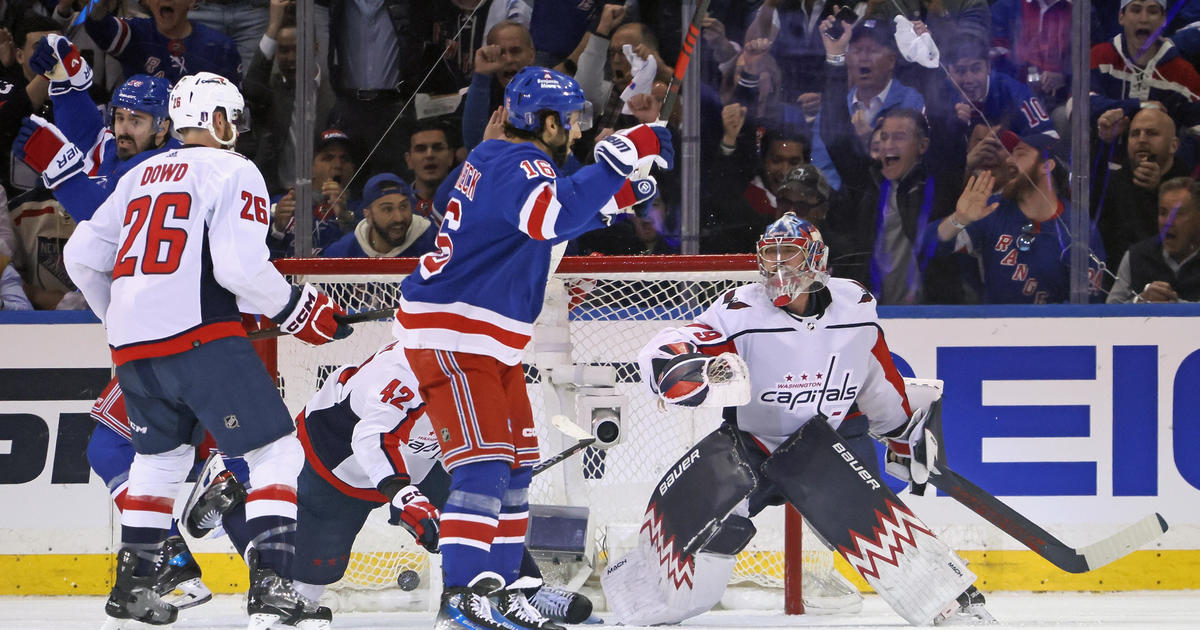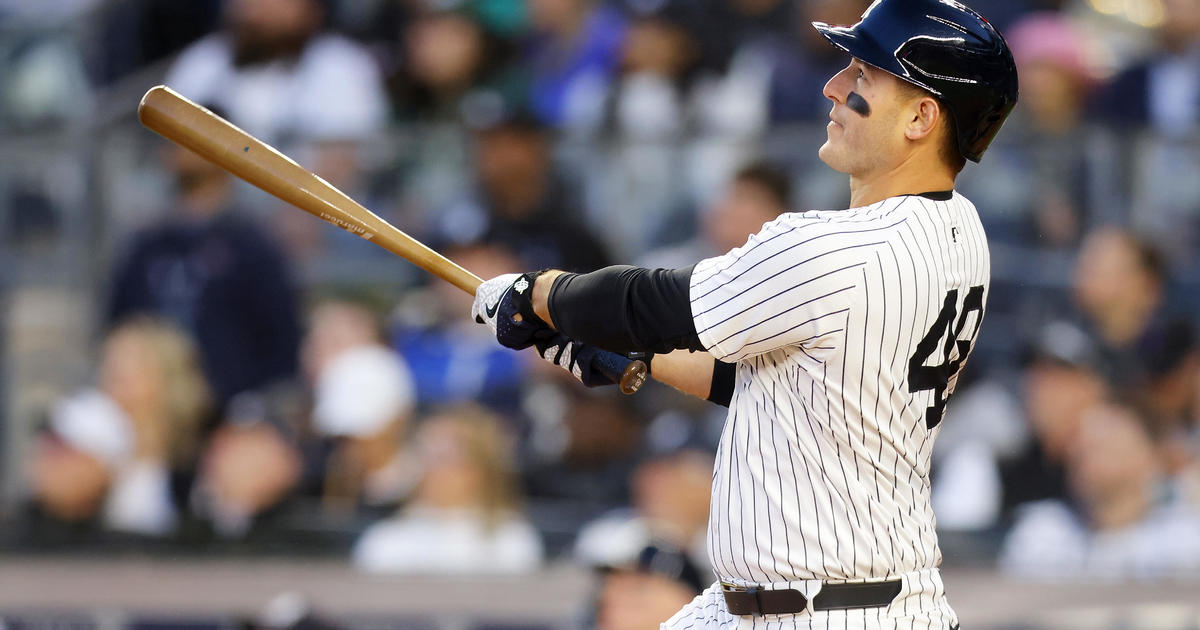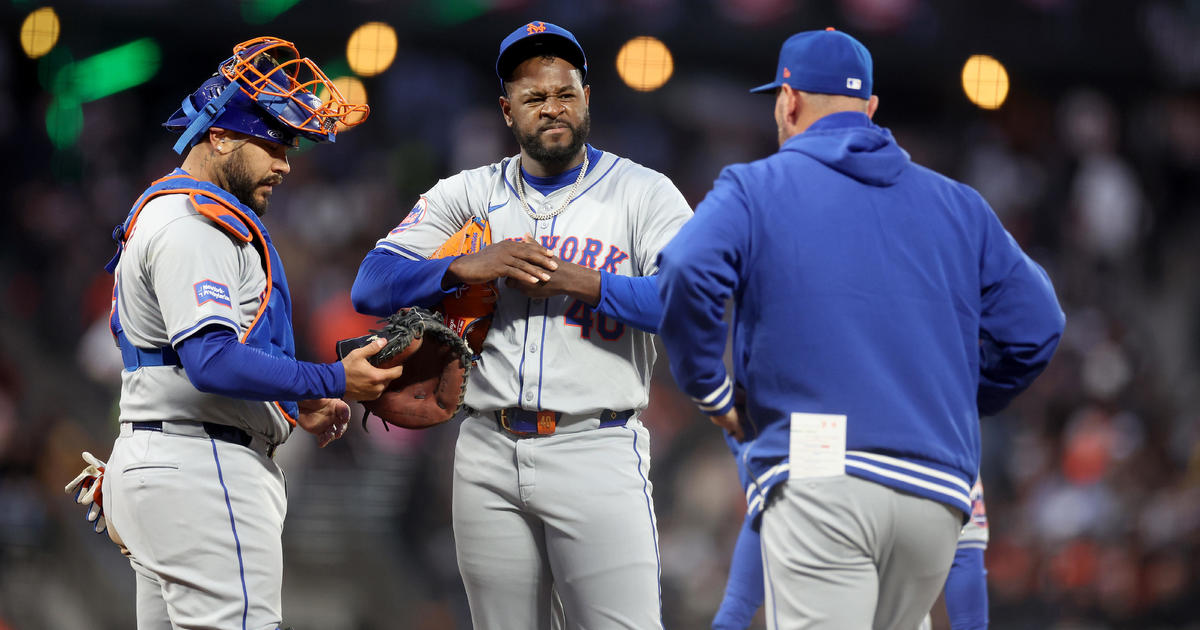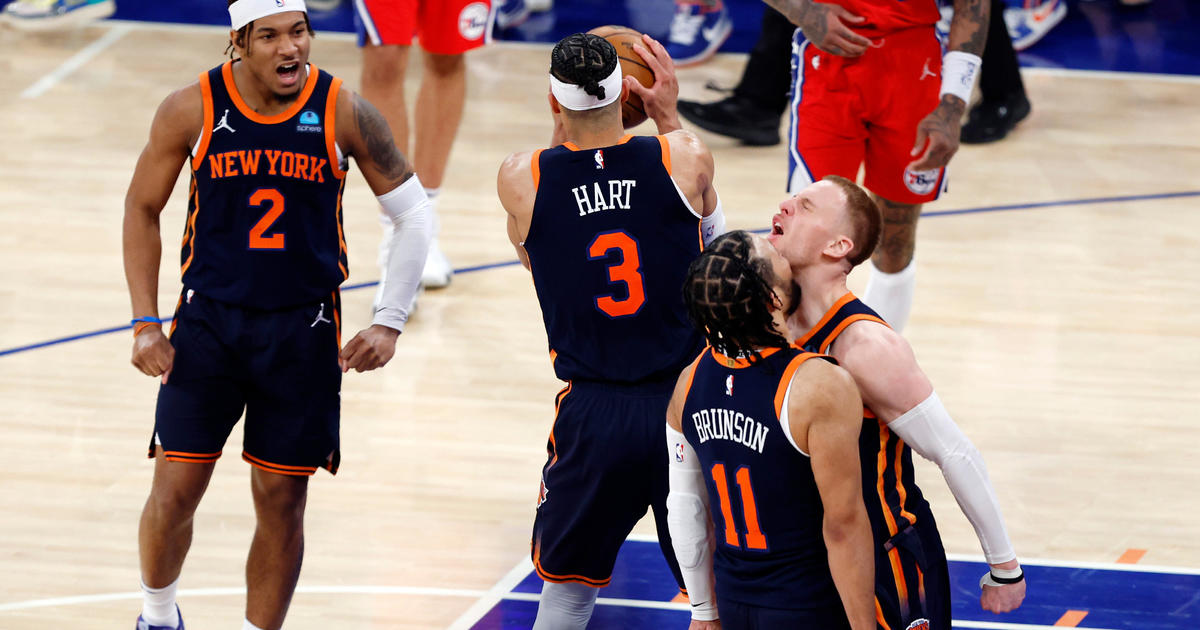Kallas Remarks: NFL Labor Pains
By Steve Kallas
» More Columns
Everyone (correctly) thought that the conservative 8th Circuit panel (two Bush appointees, one Clinton appointee) would hold on behalf of the NFL owners after they granted two stays of the lower court decision to enjoin (stop) the NFL owners' lockout of the players. It was hard to figure out, however, how these judges were going to hold that the owners were being irreparably harmed while the players weren't.
As of this past Friday, we got the answer. The two judges in the majority (Judges Colloton and Benton) totally side-stepped the issue by simply coming to a conclusion the exact opposite of the conclusion of three other Circuit courts: they held that the Norris-LaGuardia Act applies to the benefit of employers as well as employees, an absurd conclusion (it is submitted) under the history and enforcement of the law.
THE NORRIS-LAGUARDIA ACT AND THE CLAYTON ACT
Without going too deeply into the history of labor law, the Clayton Act was passed in 1914 to help employes who, in the early part of the 20th Century, underwent terrible working conditions and abuses from employers. When it was still (correctly) viewed that the employers had the federal judiciary, essentially, "in its pocket" (that is, the Clayton Act wasn't being enforced to protect employees as Congress had desired), Congress passed the Norris-LaGuardia Act in 1932 to further aid employees.
With a few very limited exceptions to aid employers, nobody really believed that the Norris-LaGuardia Act was meant to aid employers who locked out employees. Yet, through a strained interpretation, that's exactly what the majority of the 8th Circuit Court held in Brady v. NFL last Friday, overturning the lower court's decision to end the lockout and, frankly, further hurting a chance for a settlement between the millionaires and billionaires.
THE MAJORITY DECISION
It takes about 20 pages for the majority to explain how the Norris-LaGuardia Act helps the NFL owners in the present case. They simply disagree with three other Circuit Courts (the First, Seventh and Ninth Circuits, NBA players take note) who have already held that the Norris-LaGuardia Act only pertains to help employees, not employers.
Arguably worse, the majority ignores the legislative history and Congress' intent to help employees with this act, not employers. In a startling statement in the dissent, the NFL admitted that in papers filed with the court, that "There is no doubt that the concern about injunctions against labor unions, rather than injunctions against employers, were the principal catalyst for the bill [i.e., the Norris LaGuardia Act]."
Despite that NFL admission, the legislative history of the bill and the decisions of three other circuit courts (dating as far back as 1962), the conservative majority held that the Norris-LaGuardia Act also protects employers, an almost absurd decision.
THE DISSENT
The dissent, written (again) by Judge Bye, goes into a discussion of the history of the Norris-LaGuardia Act that leaves no doubt that this law was never intended to benefit employers like the NFL owners. It seems pretty clear that, once the union decertified (the exact same thing the NFL union did back in 1989 prior to bringing the lawsuit that led to free agency -- a suit that was litigated in Minnesota, i.e., the 8th Circuit), the antitrust exemption that the NFL had no longer existed.
Judge Bye goes on to make a compelling case for the players (including a brief discussion in a footnote about the irreparable harm that the players are suffering right now). But he loses, 2-1.
In his final words, Judge Bye quotes from an earlier case discussing Congress' history with the Norris-LaGuardia Act, stating "The fact remains that Congress passed the Norris-LaGuardia Act to forestall judicial attempts to narrow labor's statutory protection" (as a result of the judiciary's refusal to enforce the prior Clayton Act against employers who were still abusing employees and getting away with it).
Judge Bye concludes: "This is exactly what the majority has done."
WHAT IT ALL MEANS
Well, this actually may have made things worse. That small group of hawkish owners who want to bury the players now are asking for more concessions from the players since the law, at least in the 8th Circuit, is on their side.
While the best thing to do would be to continue to negotiate, the reality is that the owners do have the upper hand. If the players stand together, this still could be a big problem and the reason the decision came at a bad time is because, by some reports, the players and owners were close to a deal.
It would have been more intelligent for the judges not to come out with this decision; it's only made matters worse. And when people really understand the strained nature of the decision, that is, the ignoring of three other circuits (perfectly there right, by the way, even if incredibly strained), the legal system, once again, will take another hit (and rightly so).
The players could very well take this case to the Supreme Court with a split in the Circuits about whether the Norris-LaGuardia Act can be applied to benefit owners, an interesting (and very winnable) appeal.
WHAT DOES ALL OF THIS MEAN FOR THE NBA
What it means for the NBA is the following: if they decertify and sue to stop the lockout, they had better not do it in the 8th Circuit. I would recommend the First, Seventh or Ninth, the three Circuits that have already held that the Norris-LaGuardia Act does not help employers. I would even take a chance somewhere else, but anywhere other than the 8th Circuit.
Since the NBA lockout seems even more problematical than the NFL lockout, you can bet that the lawyers involved in the NBA issues are going over the NFL 8th Circuit decision with a fine-tooth comb.
At a minimum, they will be surprised by the strained reasoning of that decision.
What do you think of the decision? Vent away in the comments below...



